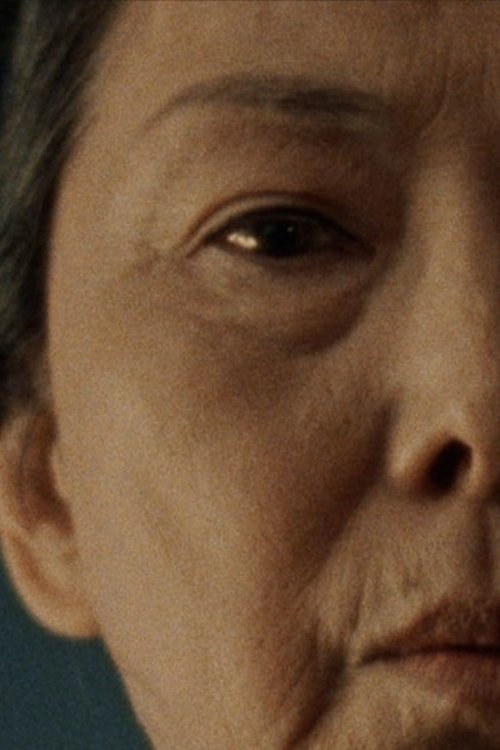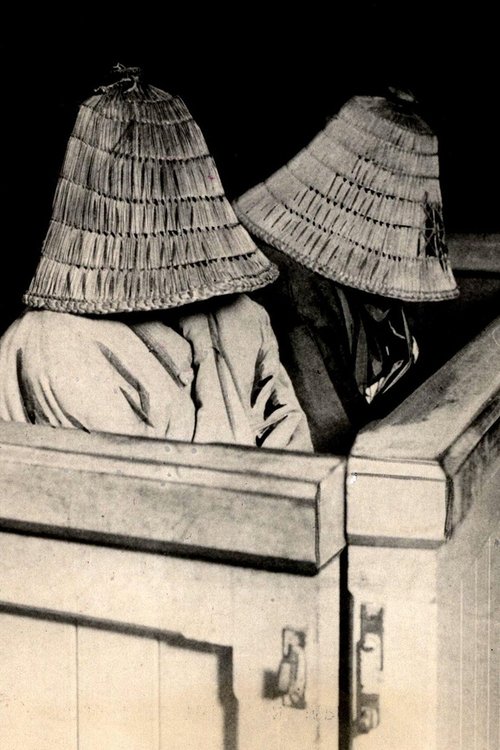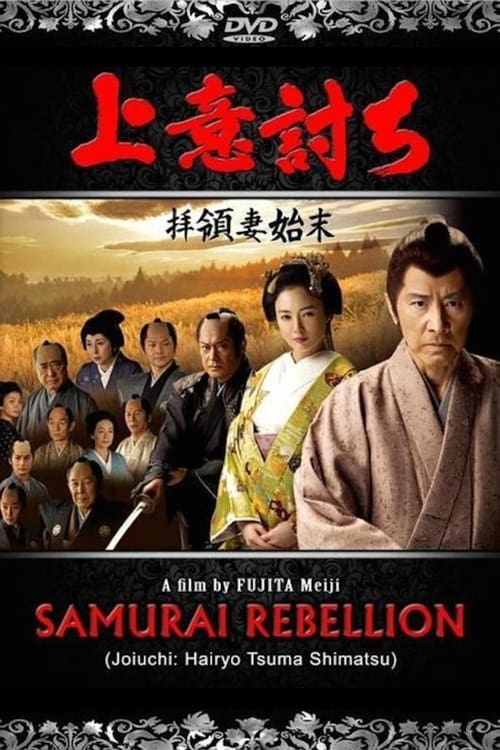
Masako Ōta, known as Meiko Kaji, is a Japanese actress and enka singer born on 24 March 1947 in Chiyoda, Tokyo Prefecture. After graduating from Yakumo Academy in Meguro in 1965, she made her debut at Nikkatsu Studios under her real name, playing supporting roles in the late 1960s. Her first notable role came in 1969 in *Nihon Zankyoden*. She gained visibility with the 1970-1971 series *Stray Cat...
Explore all movies appearances

Kenji is overjoyed when his usually thrifty boyfriend takes him on a trip to Kyoto for his birthday, but the trip ends up uncovering a painful topic.

Mikami, an ex-yakuza of middle age with most of his life in prison, gets released after serving 13 years of sentence for murder. Hoping to find his long lost mother, from whom he was separated as a child, he applies for a TV show and meets a young TV director Tsunoda. Meanwhile, he struggles to get a proper job and fit into society. His impulsive, adamant nature and ingrained beliefs cause friction in his relationship with Tsunoda and those who want to help him.

In Japan, the passing of a loved one is marked by 'night watch': staying up all night with the deceased, incense burning throughout, to ensure their safe passage to the afterlife.

Eiji Akutsu is a newspaper reporter. He is working on unsolved case that took place 30 years ago. The case involved a group of people extorting several companies for money. The group sent cassette tapes to the companies. Eiji Akutsu comes across a mysterious cassette tape. Meanwhile, Toshiya Sone lives in Kyoto and runs a tailor shop. He discovers a cassette tape among his late father's possessions. He plays the cassette tape and hears his voice from his childhood days.

Sawaki Tatsuya is a fledgling photographer. He returns to his hometown Fukuoka to take care of his sick father Hideo, but is rejected by his father. Tatsuya meets Jinbo and Yui, who work as mediators between Japan and Nepal. He joins the Nepalese community through them, and while his world expands through these encounters, he also learns of the difficulties of foreigners living in Japan. Shot in the town where many Nepalese actually live, this drama casted authentic epalese as actors. The title “Masala” refers to a mixed spice, and is also used as a metaphor here for the diverse society.

In 1940s Japan, the wealthy head of the Inugami Clan dies, setting off a chain of bizarre, gruesome murders. Detective Kindaichi must unravel the clan’s terrible secrets of forbidden liaisons, monstrous cruelty, and disguised identities to find the murderer.

No plot available for this movie.

No plot available for this movie.

Are bad girls casualties of patriarchy, a necessary evil, or visionary pioneers? By tracing the concept of the bad girl in Japan as a product of specific cultural assumptions and historical settings, Bad Girls of Japan maps new roads and old detours in revealing a disorderly politics of gender. The essays explore deviancy in richly diverse media. Mountain witches, murderers, performance artists, cartoonists, schoolgirls, and shoppers gone wild are all part of the terrain.

In the Edo period of Japan, a samurai’s life belonged to his lord. On the battlefield or in the home, a loyal samurai must always obey his lord’s commands. This is the tragic story of one such loyal samurai, whose love for his family forced him to make the ultimate choice of disobeying the wishes of his lord.
Subscribe for exclusive insights on movies, TV shows, and games! Get top picks, fascinating facts, in-depth analysis, and more delivered straight to your inbox.